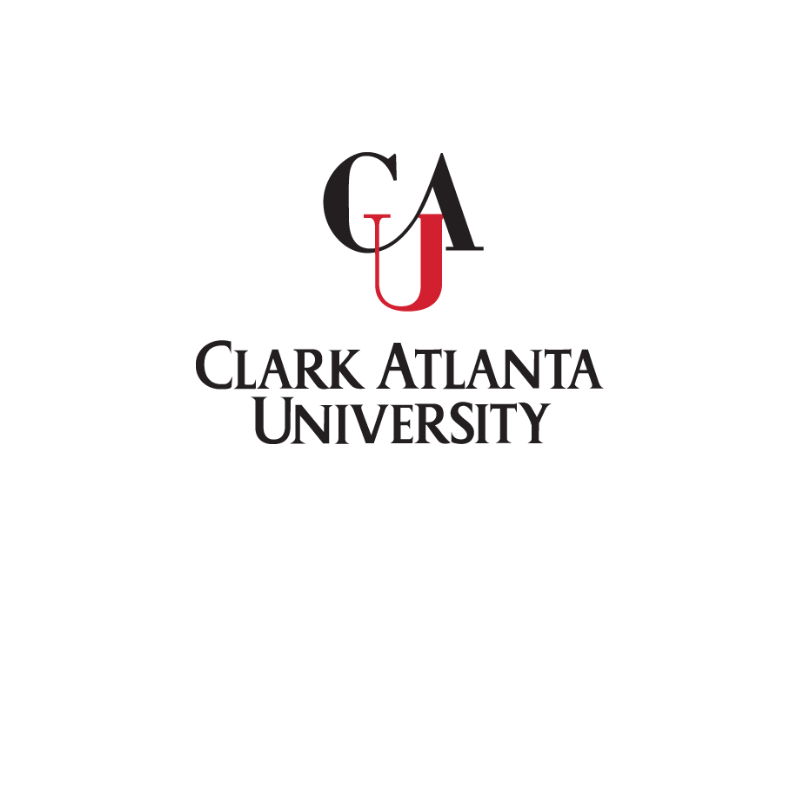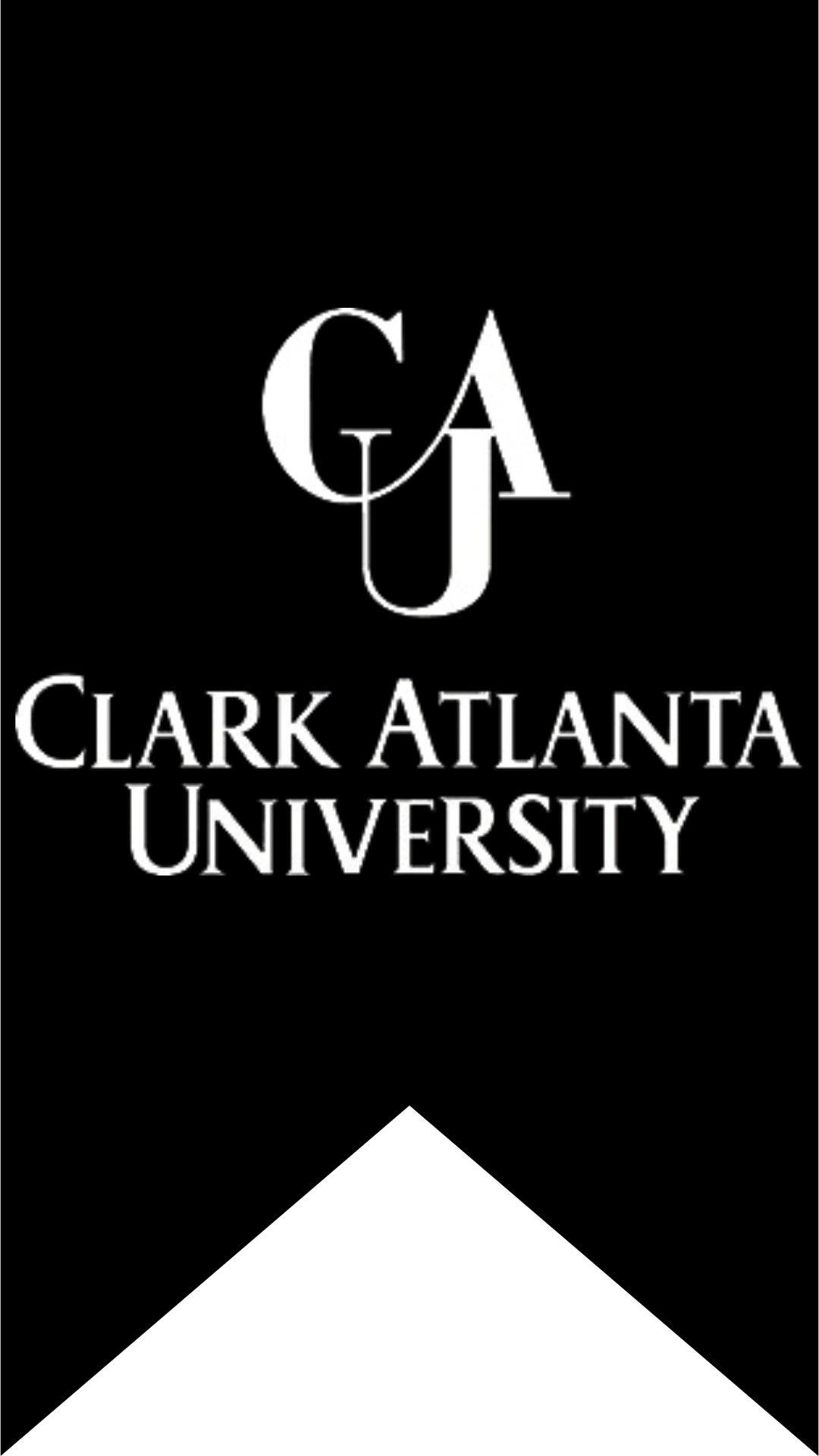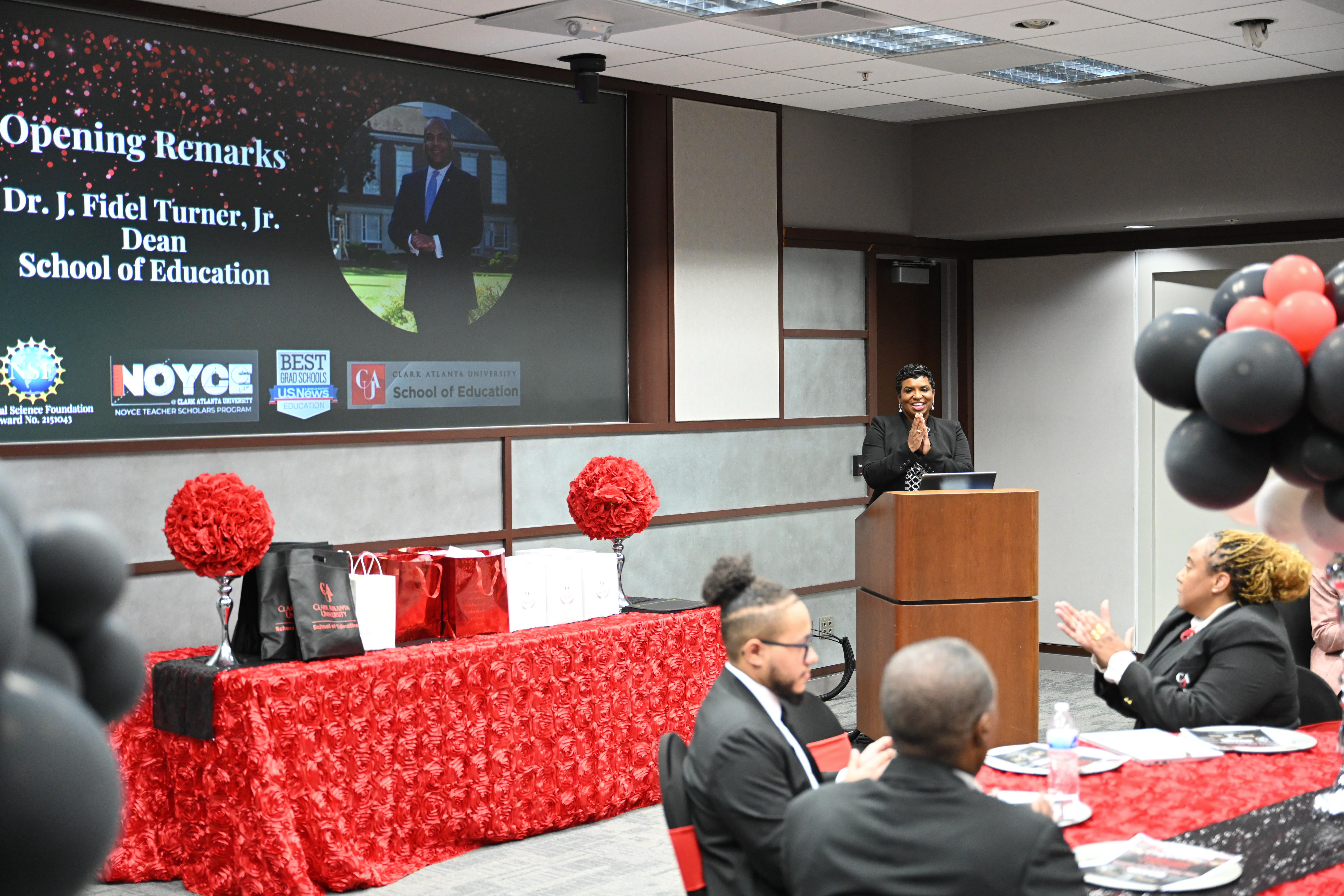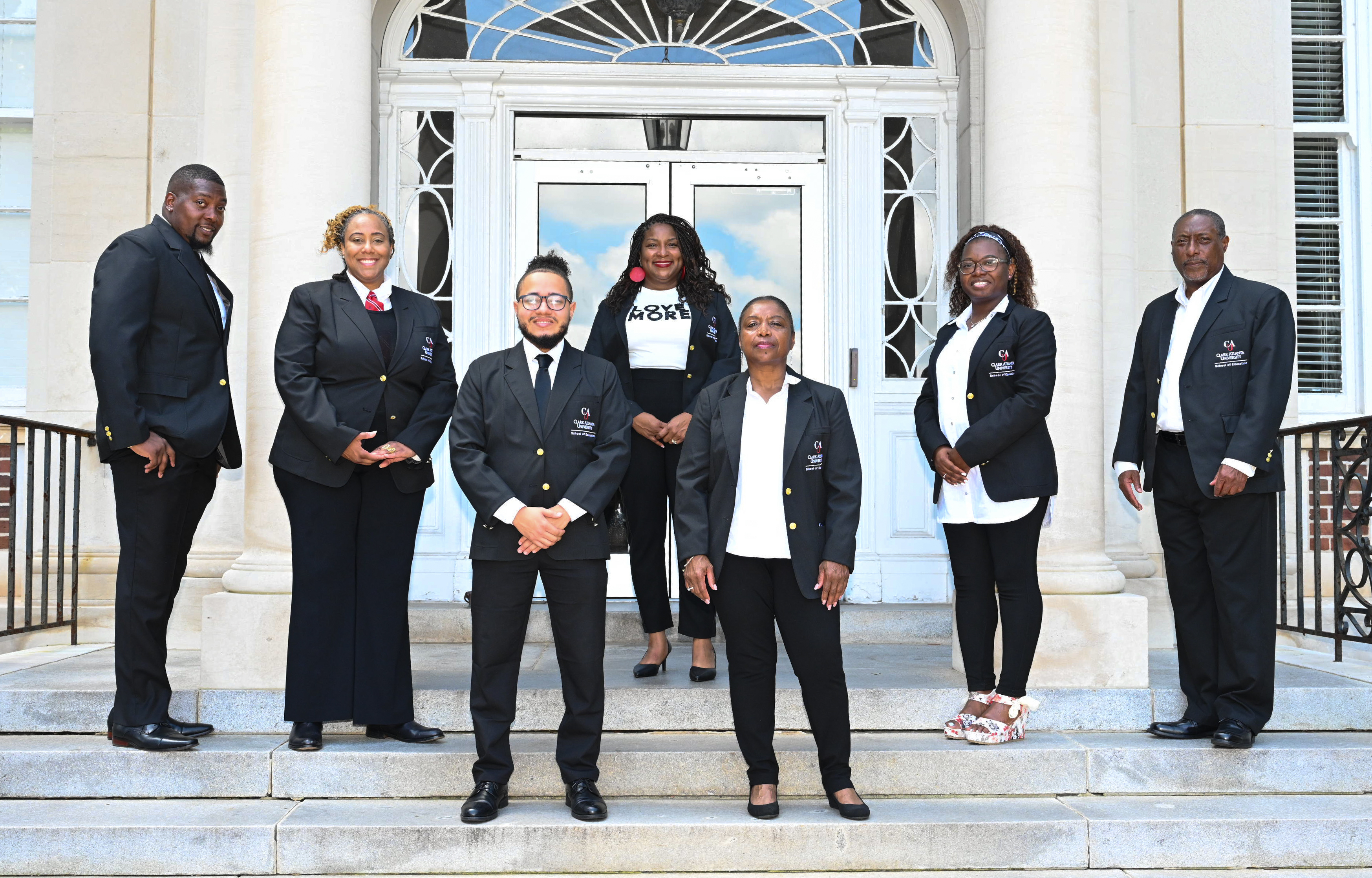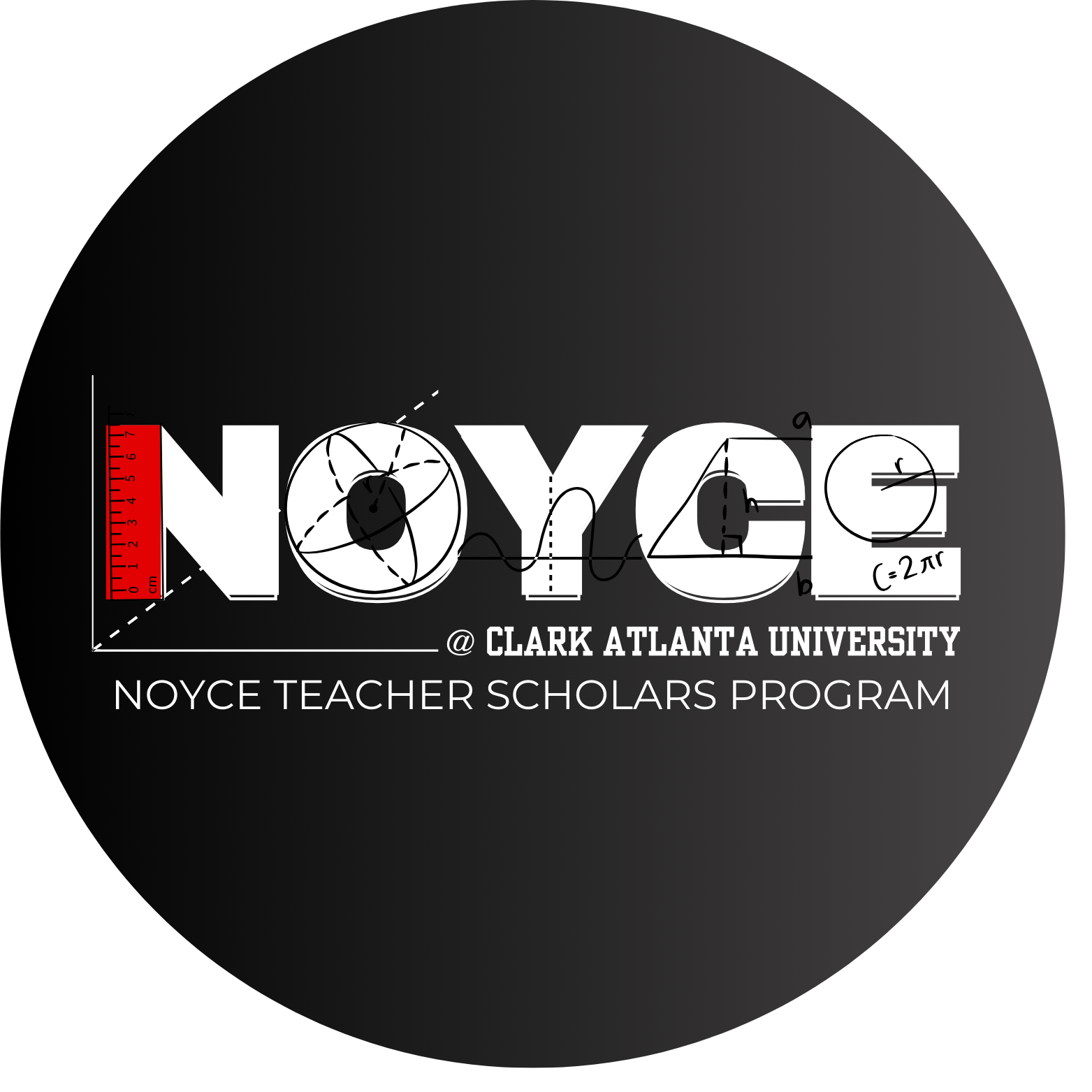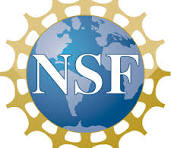Dr. Valerie Bennett is an Assistant Professor in the Department of Curriculum & Instruction where in addition to teaching serves as the MAT Math Coordinator. She has consulted in Malaysia and nationally as well as led schools to exceed state standards. Her areas of research and expertise reside in K12 STEM teacher preservice and inservice preparation; particularly related to curricular development, data-driven instruction, and culturally relevant pedagogy. Dr. Bennett’s current research examines the effectiveness of the use of Adaptive Learning and Artificial Intelligence in Math gateway STEM courses for underserved students at HBCUs. Dr. Bennett has two (2) doctoral degrees: one (1) from Georgia Tech in Mechanical Engineering and one (1) from Clark Atlanta University in Higher Educational Leadership. She also acquired a bachelor’s degree from Vanderbilt University in Mechanical Engineering.
- Admissions
- Governance
- Academics
- Research & Innovation
- Research and Sponsored Programs
- Center for Cancer Research and Therapeutic Development
- Robert H. “Bob” Bell Center for Innovation and Entrepreneurial Development
- Center For Undergraduate Research & Creativity
- Health Professions Advising Unit
- Honors Program
- International Programs
- NCBCP Thomas W. Dortch, Jr. Institute
- W.E.B. Du Bois Southern Center for Studies in Policy
- CAU Art Museum
- Athletics
- Give
- University Life
